11 Benefits Of African Black Soap, How To Use, & Side Effects
Nourish and pamper your skin with the natural goodness of this plant-based ingredient.
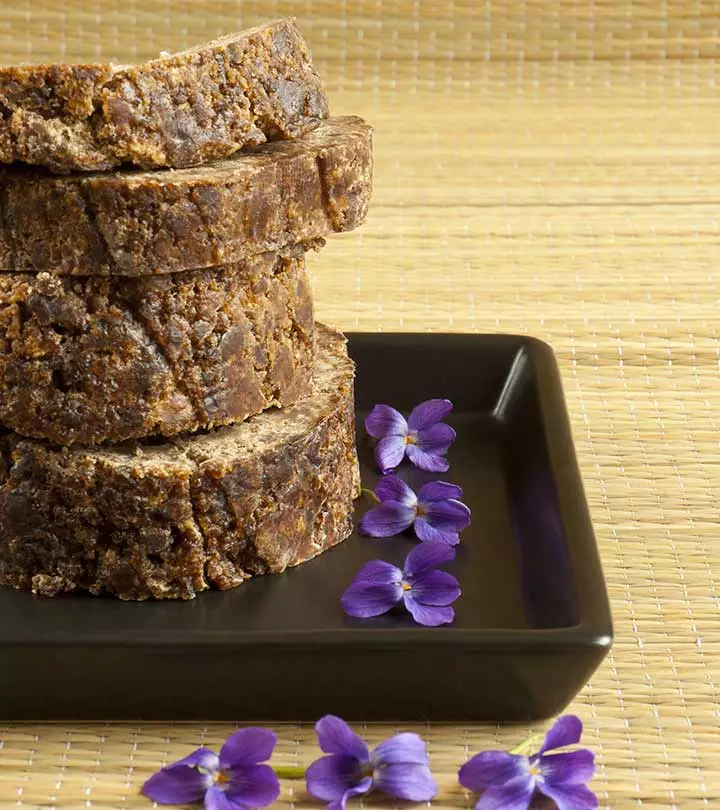
Image: Shutterstock
The African black soap has redefined plant-based skin care. Why? It is because African black soap benefits the skin in numerous ways and is loaded with antioxidants and skin-nourishing ingredients.
The African black soap is usually made of plant-based ingredients. The ingredients often change depending on the soap makers and may provide additional benefits. It has antibacterial and antifungal properties and is extremely gentle on the skin. The traditional African black soap does not contain synthetic ingredients and artificial dyes and fragrances. Therefore, it is safe for all skin types unless you are allergic to any specific ingredient in it. Keep reading to learn more about this centuries-old beauty tradition.
In This Article
What Is African Black Soap?
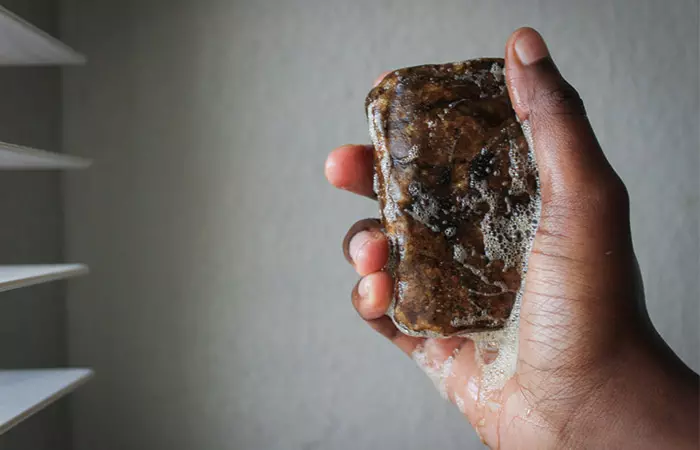
African black soap is also known as Ose Dudu, Alata Samina, and Anago soap. It originated in West Africa (especially Ghana). The tribes of West Africa prepare this soap with locally harvested plant parts.
The traditional recipe is kept secret by the families who prepare the soap. However, they have a few common ingredients. The local tribes of West Africa use ingredients, such as palm oil, coconut oil, raw African shea butter or shea tree bark, cocoa pod ash, plantain skin, and honey for making this extraordinarily rich soap.
Key Takeaways
- The local tribes of West Africa make African black soaps using simple plant-based ingredients like coconut oil, raw African shea butter, honey, etc.
- The soap has gentle cleansing properties and is beneficial for both dry and oily skin types.
- African black soap contains natural oils that can nourish your skin, lock in moisture, and keep it plump.
- The antiseptic properties of this soap can treat acne and reduce the risk of breakouts.
The Ingredients Of African Black Soap
The traditional recipe is kept secret by the families who prepare the soap. However, they have a few common ingredients. The local tribes of West Africa use ingredients like palm oil, coconut oil, raw African shea butter or shea tree bark, cocoa pods, plantain skin, and honey for making this extraordinarily rich soap.
The plant parts are collected, sun-dried, and roasted until they turn into ash. Then, different types of plant fats, such as coconut oil, shea butter, cocoa butter, and other fats are added to it and stirred on the heat for 24 hours. Once it solidifies, the soap is cured for two weeks before using it (1).
The ingredients found in this soap make it special and extremely beneficial for the skin. They are:
- Plantain Skin: It contains antioxidants, such as riboflavin, vitamin C, thiamine, and folic acid (2).
- Coconut Oil: It has anti-inflammatory properties, vitamins, minerals and contains antioxidants that protect your skin from UV damage and prevent skin aging (3).
- Palm Kernel Oil: It is an excellent moisturizer and emollient that keeps your skin hydrated and nourished (4).
- Palm Oil: It is derived from the palm fruit (and not its kernel) and contains beta-carotene, vitamin E, essential fatty acids, and antioxidants (5).
- Shea Butter: It has anti-inflammatory properties and keeps your skin moisturized and prevents fine lines and signs of aging (6), (7).
Remember, the ingredients of the African black soap may differ depending on the region where it is made.
For instance, plantains are only found in West and Central Africa, so the African black soap made in the Eastern region does not contain plantain peel ash.
These natural ingredients make African black soap the holy grail of skin care. It is a step ahead of the commercially available synthetic soaps. If you are not yet convinced about its benefits, read on to know more about the magic it can create on your skin.
 Fun Fact
Fun FactBenefits Of African Black Soap
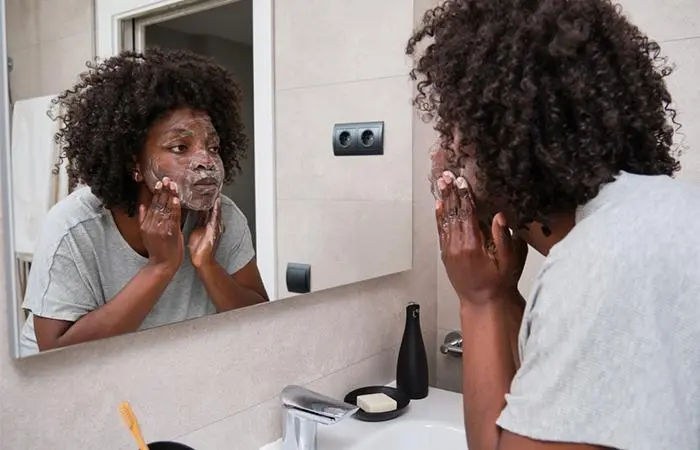
1. It Fights Acne
If you have oily and acne-prone skin, African black soap can prove helpful. It balances the natural oil of your skin and does not let excess sebum clog your skin pores. It is also effective in controlling the proliferation of Propionibacterium acnes – the acne-causing bacteria (1).
2. It Helps In Soothing Irritated Skin
African black soap can calm down your skin, whether it is excessively dry, eczema-affected or with skin allergies (8). It helps in clearing and soothing rashes and itching.
3. It Has Antibacterial Properties
African black soap contains phytochemicalsi Bioactive plant compounds found in fruits and veggies that act against bacteria, viruses, and fungi. and oils derived from plants. These components are rich in flavonoidsi A group of natural substances found in almost all fruits and veggies with anti-inflammatory and disease-fighting properties. , alkaloidsi A vast group of naturally occurring organic compounds with antibacterial and antiviral properties. , and bioactive compounds that can fight bacterial infections and prevent further infection (1).
4. It Is Safe For All Skin Types
Synthetic soaps contain a lot of chemicals and artificial fragrances that destroy the acid mantle of your skin. African black soap contains plant-based organic products and is fragrance-free. It is extremely gentle and helps in balancing your skin’s pH without stripping it of moisture.
Salkis Re, a blogger, shared how her oily skin felt clean and smooth after using the African black soap. It was even safe on her 7-month-old child. In her blog, she wrote, “Her skin stayed soft and she had that ‘baby smell’ after I used it on her (i).”
5. It Is A Great Natural Moisturizer For The Skin
As African black soap contains a concoction of oils, along with shea butter, it is incredibly moisturizing and beneficial for dry and combination skin types. The butter and oils enrich the skin, lock in moisture, and keep it plump and hydrated.
6. It Cleanses And Exfoliates The Skin Thoroughly
African black soap is rich in vitamin E and other emollients. It exfoliates your skin gently, gets rid of dirt and dead skin cells, and is also known to help with anti-aging. Moreover, it is hypoallergenic and does not irritate your skin. This soap has antiseptic properties that can also soothe an itchy scalp (1).
7. It Prevents Razor Bumps
After you have waxed or shaved, your skin needs proper exfoliation to prevent the dead skin cells from clogging the pores and causing razor bumps. Using African black soap can help in preventing the bumps and infections that result from shaving and waxing your skin (8).
8. It Helps In Reducing Hyperpigmentation
Sun damage caused by excessive exposure to UV rays can leave ugly, dark spots on your skin (called hyperpigmentation). African black soap contains shea butter that protects your skin from sun damage and minimizes dark spots and hyperpigmentation (1).
9. It Has Antifungal Properties
African black soap is a strong antifungal agent and very effective against several types of fungi, including Candida albicans (a type of yeast) that causes athlete’s foot, jock itch, and other skin infections (9).
10. It May Help Reduce Fine Lines
A survey involving 100 subjects who used African black soap found that about 4% of them used it for fine lines, and all of them were satisfied with the results (8).
11. It Is Good For Overall Skin Care
The survey also found that 70% of the respondents used African black soap for overall skin care, and about 56% of them used it on both the face and the body. They used it to treat acne, dark spots, razor bumps, eczema, and fine lines. Around 51% of the subjects were very satisfied, and 40% of them were somewhat satisfied with the results (8).
Salkis also used the black soap to wash her locks. “I found that the black soap is excellent for getting build-up out of hair and scalp without any irritation or dryness. My hair felt squeaky clean and soft too.”
Unprocessed African black soap has a rough texture, which makes it good for exfoliating. But if you do not know how to use it, it might be abrasive for your skin. Read on to understand the exact process of using a pure African black soap.
How To Use African Black Soap
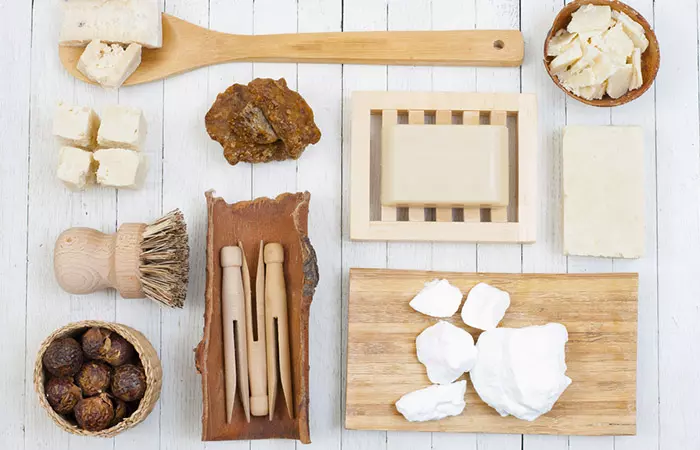
Different skin types react differently to African black soap. Some manufacturers add aloe vera and oatmeal to it to maximize its effects. The soap may also vary from batch to batch as the proportion of the ingredients keep varying (depending on the recipe used). Here’s how you can cleanse with African black soap:
- Using Raw African Black Soap
Knead the soap into small balls. Make sure there are not any rough edges. Rub it between your palms into a lather and apply it to your face gently.
- Make Body Wash With African Black Soap
Soak the soap in purified water. Let it dissolve and liquefy. Use it as your body wash.
- Use African Black Soap As A Body Scrub
Mix the African black soap with brown or white sugar and use it to scrub your body.
- Use African Black Soap As A Face Mask
Dissolve tiny chunks of the soap in hot water. Mix 1 teaspoon of honey, 2 teaspoons of baking soda, and 5 drops of tea tree essential oil. Apply to your face and neck and wait until it dries. Massage gently and wash it off with water.
African black soap contains a high amount of glycerin and tends to absorb moisture from the air. That is how it makes your skin soft and supple. However, this also affects the longevity of the soap. When it absorbs excess moisture, it softens gradually and disintegrates. Hence, always keep in mind to store the soap properly to make it last longer. Let’s look at a few ways on how to store it properly.
How To Store African Black Soap

- Never let the soap sit in a puddle of water after using it.
- Avoid keeping it in a wet place(like inside your bathroom or near the sink) where it can absorb moisture. Place the bar on a wooden soap dish to drain the water from the soap properly.
Also, when African black soap is exposed to air, it develops a thin white film on the surface. To avoid this, put the bar in an airtight ziplock bag. If you have bought it in bulk, cut a small piece for use and store the rest in a ziplock bag or wrap it in plastic. Keep in a cool and dry place.
African black soap is considered safe for all skin types. However, the skin might react differently to the soap. It can be hydrating for some people, while it can be drying for others. This happens mainly due to the difference in ingredients used (as per the difference in the recipes). Here are a few things you might observe when using African Black Soap for the first time.
Risks Of Using African Black Soap
- Your skin might feel a bit dry. This happens because the soap draws out all the impurities and excess oil. However, your skin balances itself within a few days.
- It may cause mild tingling or burning sensation and a bit of redness. However, this is just a temporary phase. The issue gets resolved eventually.
- Be mindful of the natural ingredients in this soap, such as shea butter, cocoa pods, or plantain skin, if you have known allergies. These components can trigger skin reactions in sensitive skin or those with a history of skin allergies.
Keeping the risks in mind, here are a few tips you can follow while using African black soap.
Points To Keep In Mind While Using African Black Soap
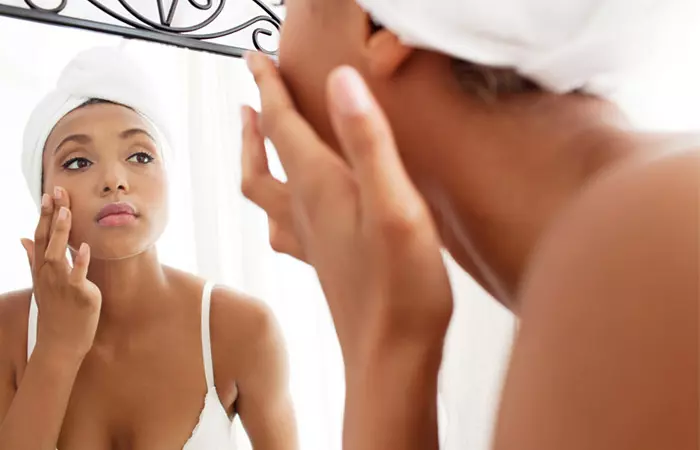
- If you have dry skin and are using the soap for the first time, follow it up with a hydrating serum or cream. Try to use only a little bit of black soap on your face in the beginning and increase the amount gradually as your skin gets used to it.
- If you have oily skin, do not forget to apply a non-comedogenic moisturizer on your face after using African black soap. You may try virgin coconut oil or sweet almond oil.
African black soap is often available under the names Yoruba soap or Anago soap, depending on the region where it is manufactured. Due to its increasing popularity, a lot of synthetic products have also arrived in the market. However, most of them contain additives and synthetic ingredients. Try to buy authentic products to reap the maximum benefits.
Get your authentic raw African black soap today and enjoy its incredible skin benefits. In case you are allergic to the ingredients (like cocoa or plantain), it is better to discontinue its use. Always do a patch test before using it on your skin. Try this magical soap today and witness the transformation.
 Trivia
TriviaInfographic: How To Use African Black Soap
African black soap is a handmade soap that possesses several benefits for your skin. It is safe for all skin types and causes no serious side effects. However, if you do not use it the right way, you may not get the desired results.
Check out the infographic below to learn more about how to use African black soap on your face to reap its maximum benefits.
Some thing wrong with infographic shortcode. please verify shortcode syntax
African black soap, also known as Anago soap, is a handmade soap used in West African countries to combat several skincare issues. Made of plant-based ingredients such as coconut oil, shea butter, honey, and plantain skin, the African black soap benefits are many. Its antibacterial properties reduce acne and fight bacterial infections. It also exfoliates the skin, moisturizes your skin, reduces inflammation, and overall provides a healthy skin. You can use African black soap as a face mask or a body scrub as per your needs. If you have dry skin, make sure you put on a moisturizer after using African black soap as it may dry your skin out. Pair African black soap with other helpful skin care tips for darker skin tones to address specific needs effectively.
Frequently Asked Questions
Is African black soap good for acne?
Yes, it is. African black soap helps prevent acne-causing bacteria and keep the skin clean.
Is it ok to use African Black Soap every day?
If you have sensitive skin or are using African black soap for the first time, use it every 1-2 days. Once your skin gets used to the soap, you can use it every day.
Does African black soap help with eczema?
Yes, African black soap has skin-soothing and healing abilities. It helps to manage skin issues like eczema and psoriasis.
Does African black soap lighten skin?
African black soap clears dead skin cells from your skin and also reduces spots and pigmentation. With regular use, it brightens and clears your skin.
Can you use African black soap in your private area?
Yes, African black soap has soothing properties and can be used on your intimate area if your skin is not too sensitive.
Can I wash my hair with African black soap?
Yes. African black soap is an excellent natural cleanser for skin and hair. It can be used to wash your hair and thoroughly cleanse the scalp.
What pH is African black soap?
The pH value of African black soap, excluding additives, is 8.9 (10).
Does African black soap make hair thicker?
Yes, African black soap is known for improving hair and scalp quality while boosting hair growth and making it thicker (11).
Is it safe for kids or teens?
It is generally safe, but kids and teens with sensitive skin should use it carefully. Always test a small area first to ensure it is suitable for the skin.
What should I avoid using with it?
Avoid using strong scrubs or products containing alcohol right after using the soap. This combination could potentially lead to skin dryness or irritation.
Personal Experience: Source
StyleCraze's articles are interwoven with authentic personal narratives that provide depth and resonance to our content. Below are the sources of the personal accounts referenced in this article.
i. Black Soaphttps://icareforblackhair.blogspot.com/2006/10/black-soap_30.html
References
Articles on StyleCraze are backed by verified information from peer-reviewed and academic research papers, reputed organizations, research institutions, and medical associations to ensure accuracy and relevance. Read our editorial policy to learn more.
- Olufunmiso,et al. “A comparison of the antibacterial activity of some African black soaps and medicated soaps commonly used for the treatment of bacteria-infected wound.” Journal of Medicinal Plants for Economic Development [Online], 1.1 (2017): 8 pages. Web.
https://jomped.org/index.php/jomped/article/view/20/49 - Arun, K B et al. “Plantain peel – a potential source of antioxidant dietary fibre for developing functional cookies.” Journal of food science and technology vol. 52,10 (2015): 6355-64.
https://www.ncbi.nlm.nih.gov/pmc/articles/PMC4573141/ - Kim, Soomin et al. “Enhanced barrier functions and anti-inflammatory effect of cultured coconut extract on human skin.” Food and chemical toxicology : an international journal published for the British Industrial Biological Research Association vol. 106,Pt A (2017): 367-375.
https://pubmed.ncbi.nlm.nih.gov/28564614/ - Chiabi, Andreas et al. “The empiric use of palm kernel oil in neonatal skin care: justifiable or not?.” Chinese journal of integrative medicine vol. 17,12 (2011): 950-4.
https://pubmed.ncbi.nlm.nih.gov/22139548/ - Nagendran, B et al. “Characteristics of red palm oil, a carotene- and
vitamin E–rich refined oil for food uses.” Food and Nutrition Bulletin vol. 21, (2000): 189-194.
https://journals.sagepub.com/doi/pdf/10.1177/156482650002100213 - Akihisa, Toshihiro et al. “Anti-inflammatory and chemopreventive effects of triterpene cinnamates and acetates from shea fat.” Journal of oleo science vol. 59,6 (2010): 273-80.
https://pubmed.ncbi.nlm.nih.gov/20484832/ - Malachi, Oluwaseyi. “Effects of topical and dietary use of shea butter on animals.” Am J Life Sciences vol. 2. 303-307.
https://www.researchgate.net/publication/277021242_Effects_of_topical_and_dietary_use_of_shea_butter_on_animals - Lin, Ann et al. “Discovering Black Soap: A Survey on the Attitudes and Practices of Black Soap Users.” The Journal of clinical and aesthetic dermatology vol. 10,7 (2017): 18-22.
https://www.ncbi.nlm.nih.gov/pmc/articles/PMC5605219/ - Gbolagade, S J et al. “Antifungal potentials of indigenous black soap commonly used in Ibadan, Nigeria.” Academia Arena. 5. (2013).
https://www.researchgate.net/publication/256442485_Antifungal_potentials_of_indigenous_black_soap_commonly_used_in_Ibadan_Nigeria - Ikotun, Adebomi A., et al. “Phytochemistry and antimicrobial studies of African black soap and its modified samples.” Journal of Chemical and Pharmaceutical Research 9.5 (2017): 354-359.
https://www.researchgate.net/figure/pH-values-of-the-black-soap-samples_tbl1_319932766 - Ogunbiyi, Adebola, and Nkechi A. Enechukwu. “African black soap: Physiochemical, phytochemical properties, and uses.” Dermatologic Therapy 34.3 (2025): e14870.
https://www.researchgate.net/publication/349231694_African_Black_Soap_Physiochemical_phytochemical_properties_and_uses
Read full bio of Dr. Zeel Gandhi
Read full bio of Ramona Sinha
Read full bio of Anjali Sayee
Read full bio of Shiboli Chakraborti





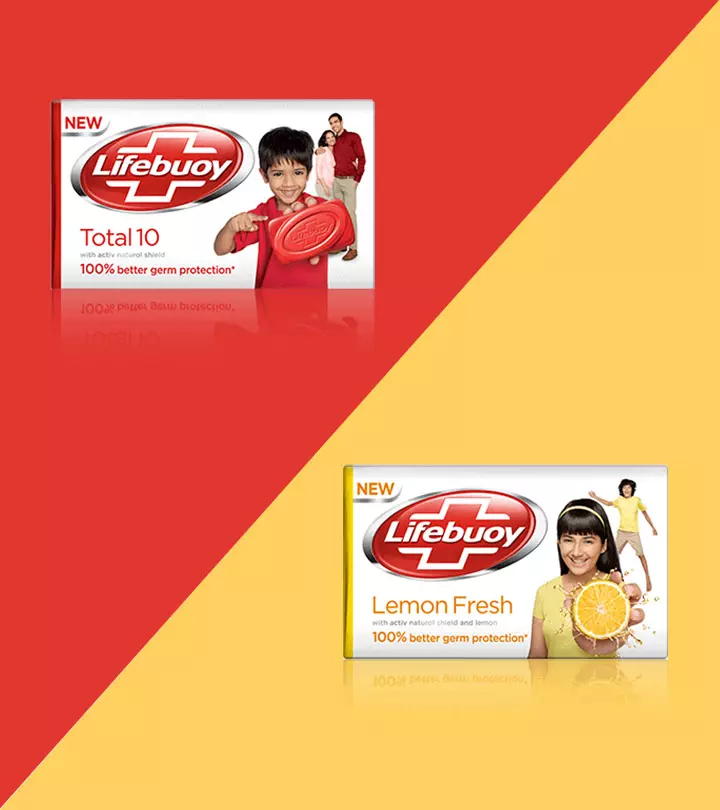
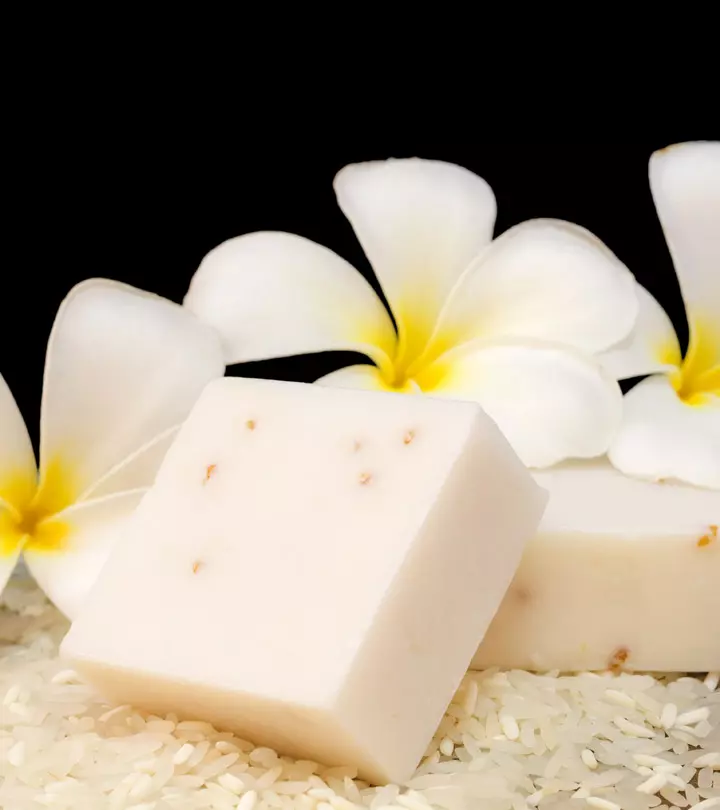
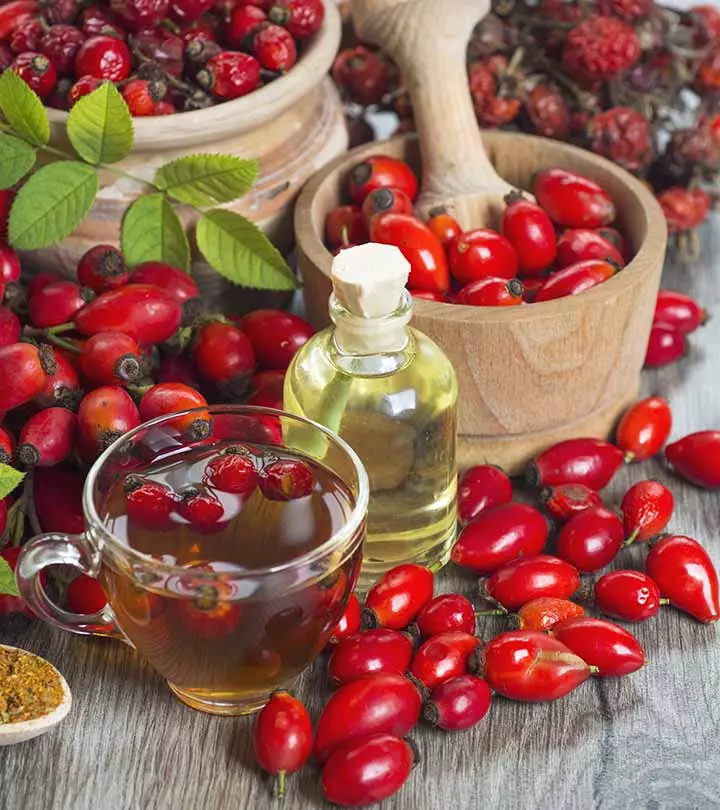
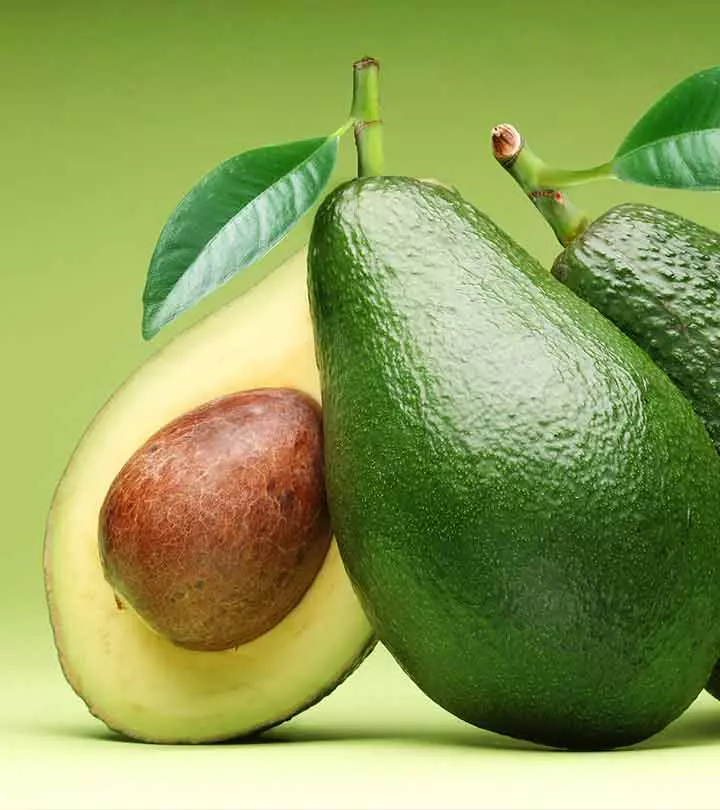
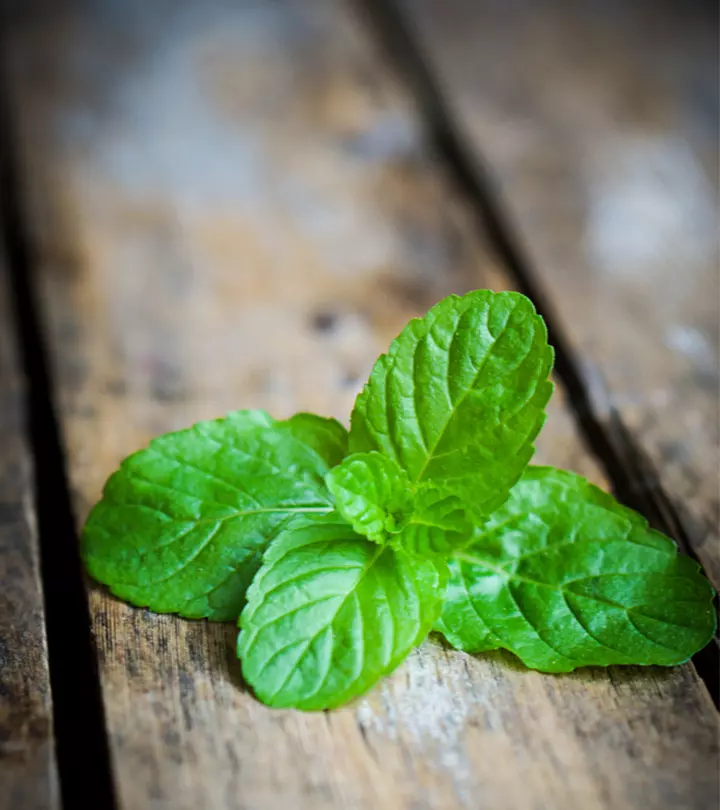
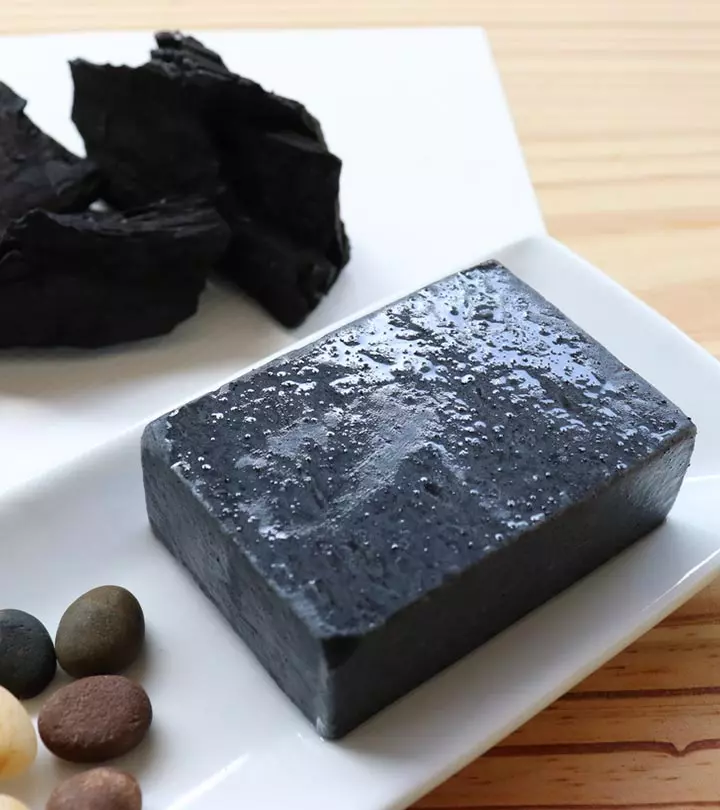
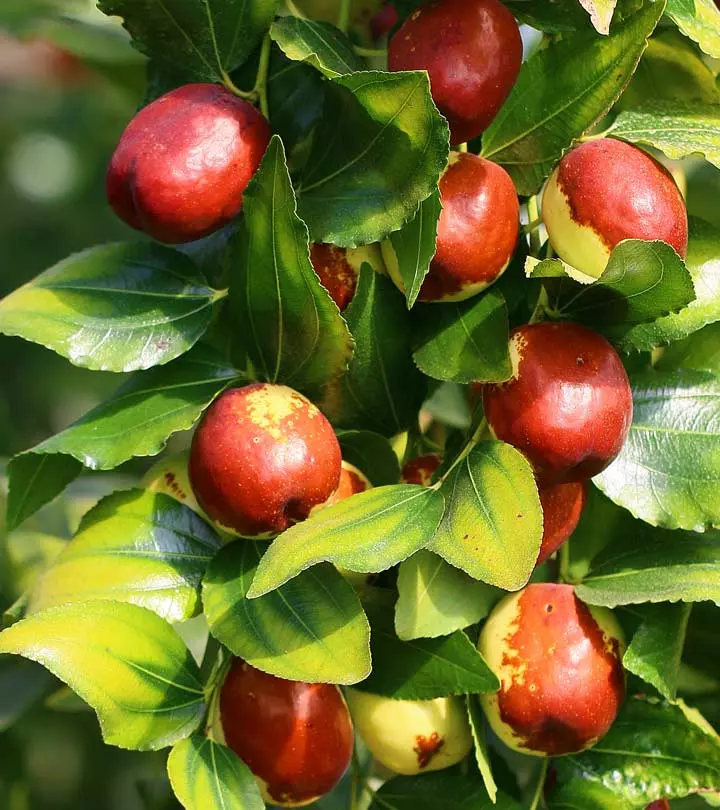
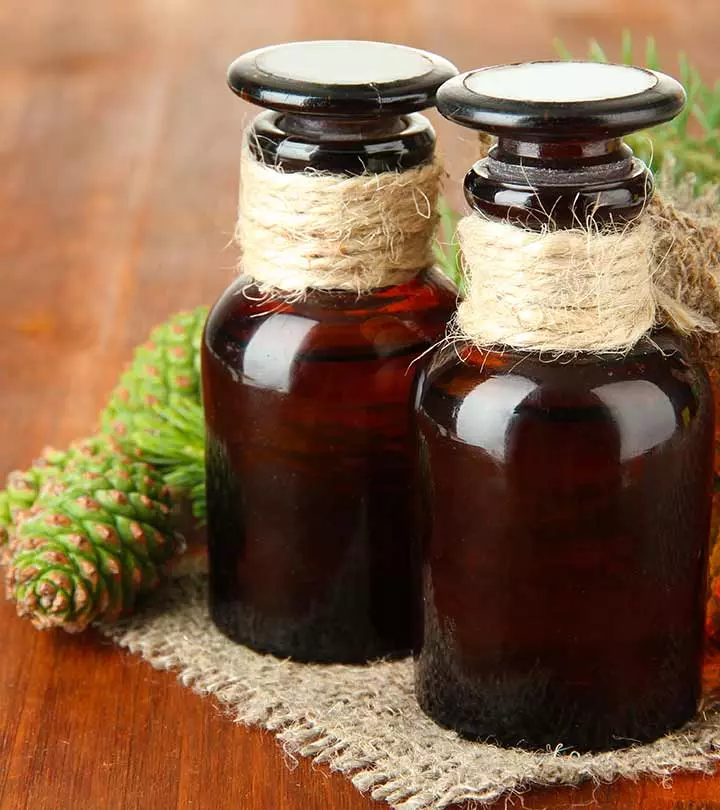

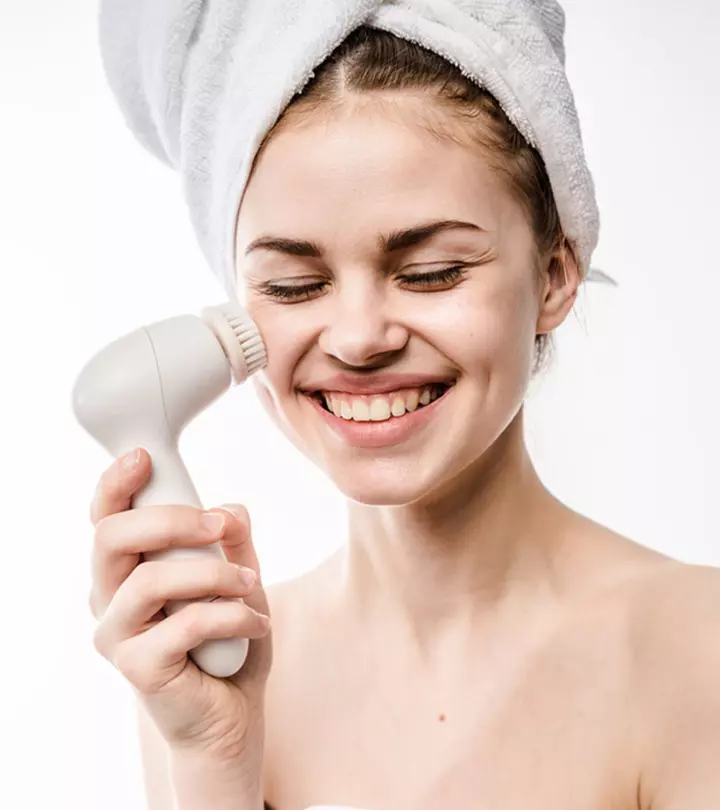

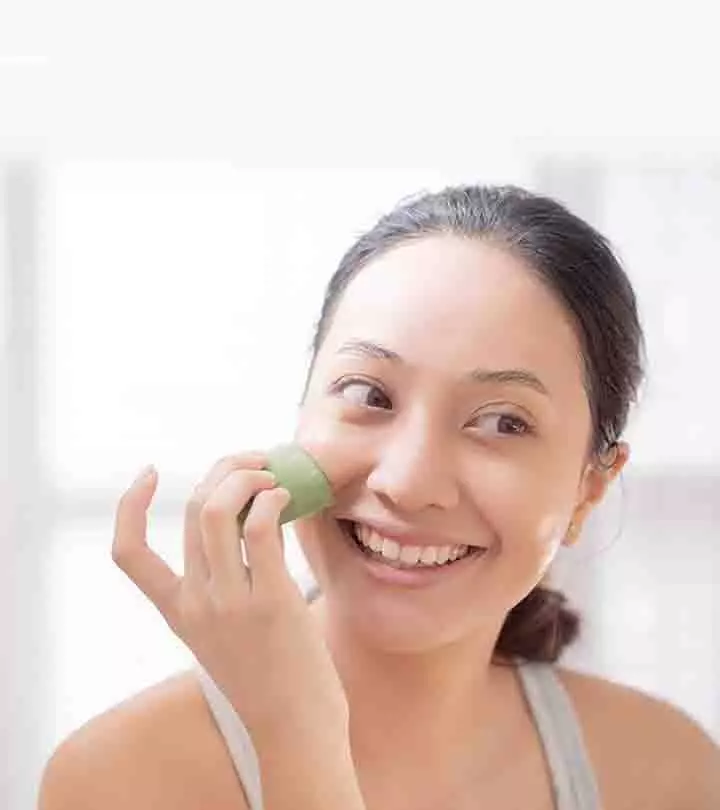




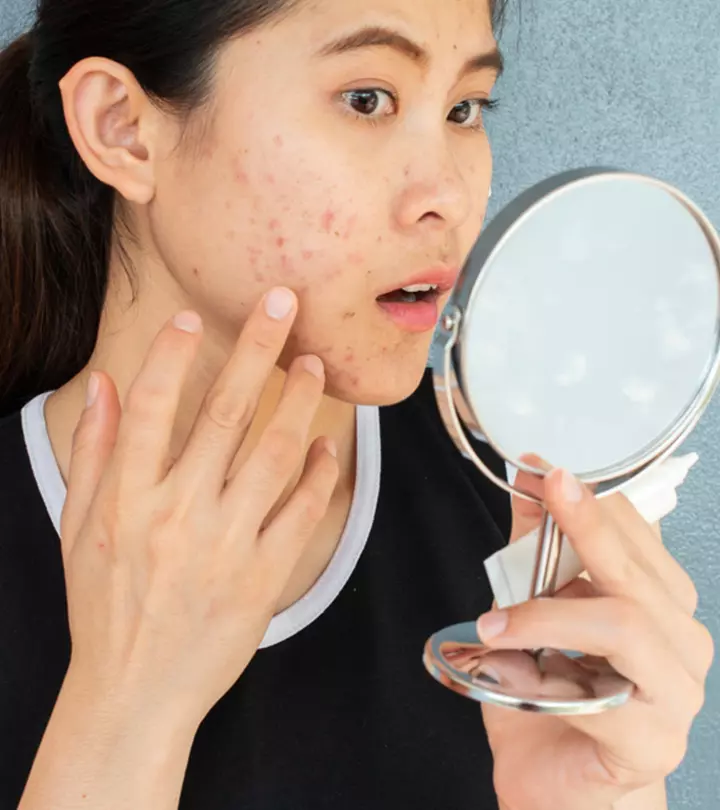
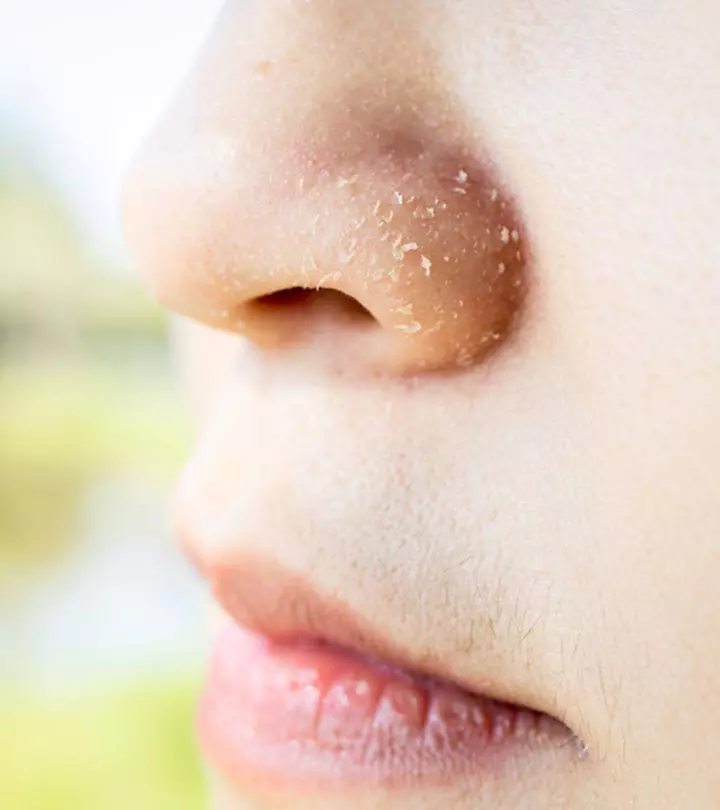
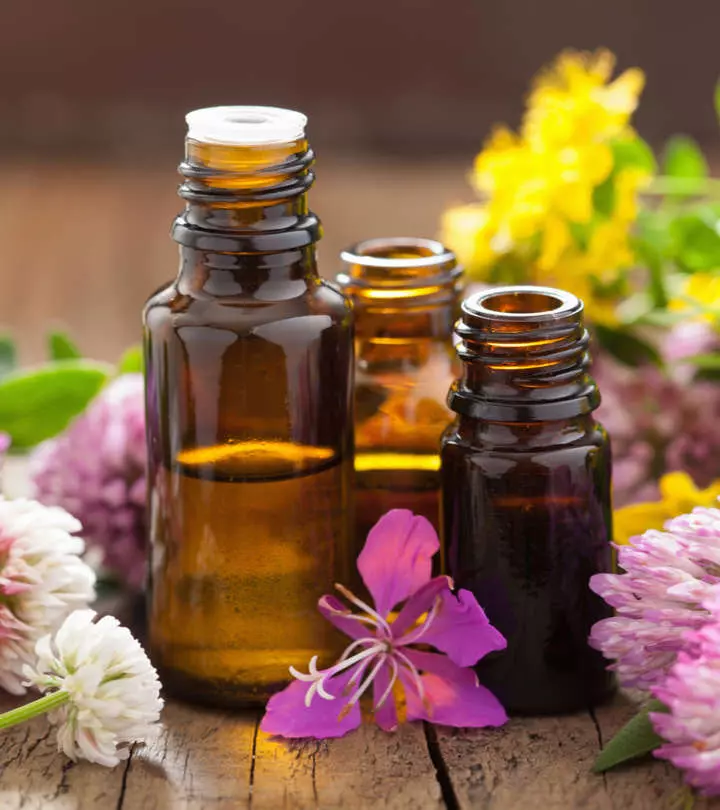
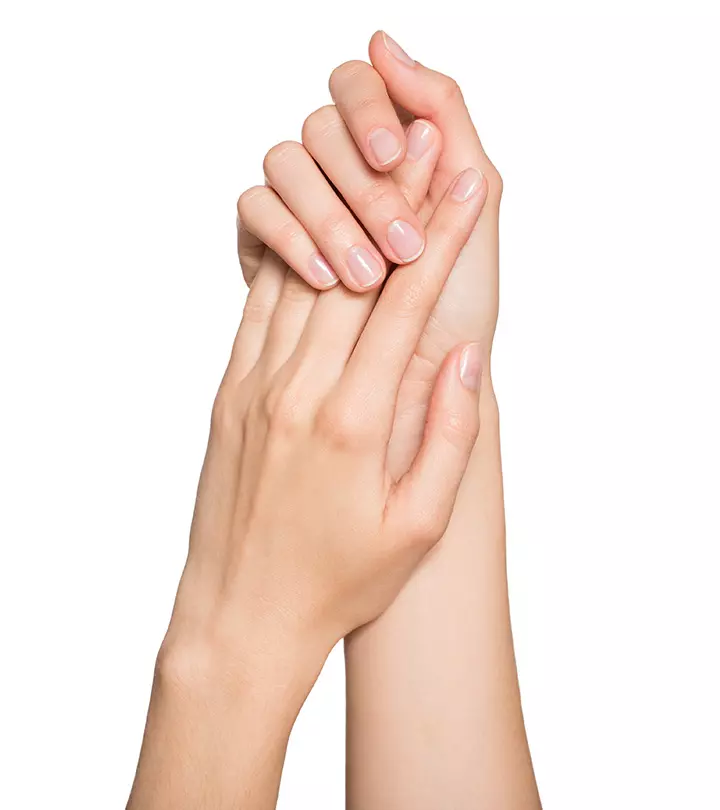
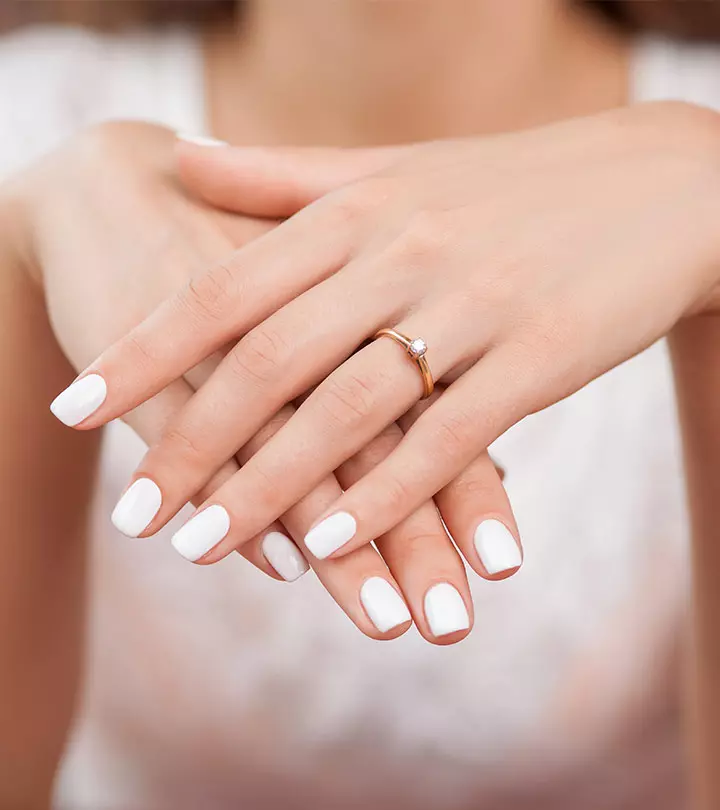

Community Experiences
Join the conversation and become a part of our empowering community! Share your stories, experiences, and insights to connect with other beauty, lifestyle, and health enthusiasts.